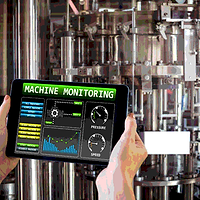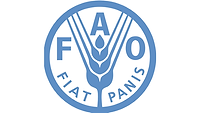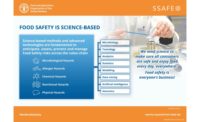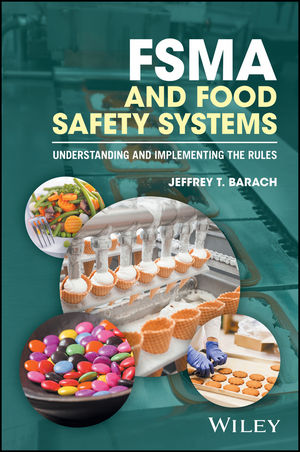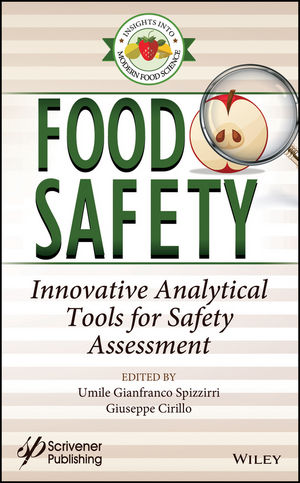FAO Works with the Bahamas to Advance National Food Safety

Credit: jorono via Pixabay
The Food and Agriculture Organization of the United Nations (FAO) recently held a workshop in the Bahamas to develop a plan for improving the country’s food safety capacity, based on the findings of a 12-month project.
In the workshop, FAO experts met with food safety authorities and other relevant stakeholders to develop recommendations based on the final assessment report from the preceding 12-month project, titled, "Assessing National Food Control Systems to Enable Food Safety in the Sub-Region.” The workshop featured stakeholder discussions and negotiations to identify priority areas for improvement. An implementation plan was created to support a strengthened food control system and enhance institutional progress around food safety.
The project, which began in January 2021, involved the deployment of the FAO/World Health Organization (WHO) Food Control System Assessment Tool and collection of data by authorities on 30 focal points. Stakeholders including the Bahamas Agricultural Health and Food Safety Authority (BAHFSA), the Bahamas Agricultural Industrial Corporation (BAIC), and The Bahamas Agriculture and Marine Science Institute (BAMSI) gathered data related to the current resources, frameworks, infrastructure, and safety regulations of the country’s food control system.
Using a multi-stakeholder approach, FAO worked closely with food safety authorities and provided technical support in conducting the assessment while tailoring the project’s activities to the Bahamas.
The aim of final workshop was to engage key decision-makers to ensure the commitment and the political support required to implement the strategic action plan effectively.
The project was cosigned by the Government of the Bahamas and the Caribbean Agricultural Health and Food Safety Agency (CAHFSA) to improve the nation’s food safety management. The Bahamas is the first country in the Caribbean region to have conducted the assessment.
Looking for a reprint of this article?
From high-res PDFs to custom plaques, order your copy today!



